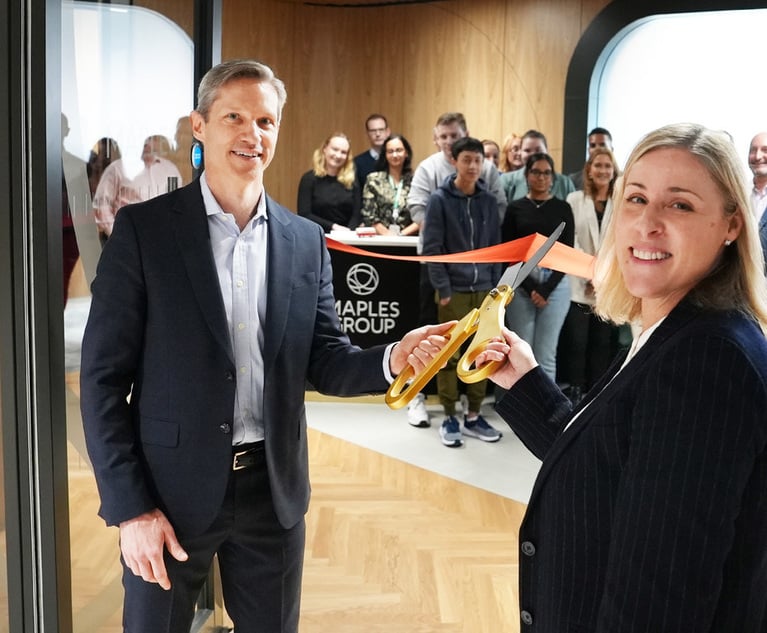For ultra-high-grossing law firms, an extra-thick cushion of cash made it easier to resist the initial wave of pay reductions, furloughs and layoffs that swept through the legal industry, slimming down paychecks and claiming at least 64,000 jobs last month.
Now the holdouts are thinning even in the Am Law 100′s most rarefied air.

 Image: Shutterstock
Image: Shutterstock








